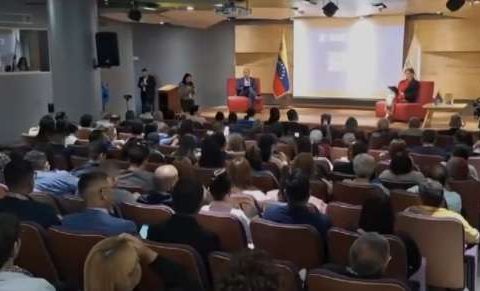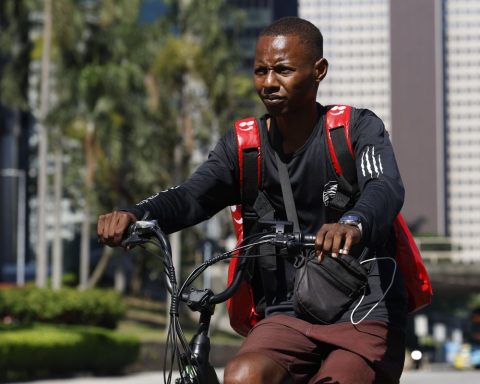Although purportedly deployed to combat terrorism and crime, these espionage tools have often been used for illegitimate reasons, such as the suppression of critical or dissenting opinions and those who express them, including journalists, opposition political figures and human rights defenders, states the report signed by Acting High Commissioner for Human Rights Nada Al-Nashif. The study calls for the control of these cyber media through effective regulation
A new report by the Office of the UN High Commissioner for Human Rights on privacy in the digital age warns of serious threats to people’s right to privacy from the increasingly extensive use of tools technologies of surveillance, control and oppression.
Due to this circumstance, the UN study calls for the control of these cyber media through effective regulation that complies with international human rights laws and standards.
The analysis focuses on three specific areas: the abuse by state authorities of intrusive hacking tools (spyware, or spyware); the key role that encryption methods play in protecting human rights online; and the repercussions of widespread digital surveillance of public spaces, both online and offline, a press release of the UN released this Friday 16.
“Digital technologies bring enormous benefits to societies. But pervasive surveillance comes at a high cost, as it undermines rights and slows the development of vibrant and plural democracies,” said the UN’s Acting High Commissioner for Human Rights. Nothing Al-Nashif.
“In short, the right to privacy is more in danger than ever,” he stressed, stressing that “this is why it is necessary to act and do it now,” said Nada Al-Nashif.
Spyware Turns Our Phones Into Surveillance Devices
In the first case, the UN report details how some surveillance tools—for example, the “Pegasus” software—can turn most smartphones into “24-hour surveillance devices,” allowing the “intruder” access not only all the information stored on our mobiles, but also turns them into a weapon to spy on our lives.
“Although purportedly deployed to combat terrorism and crime, these espionage tools have often been used for illegitimate reasons, such as the suppression of critical or dissenting opinions and those who express them, including journalists, political figures of the opposition and human rights defenders,” the report states.
Also read: ILO counts 50 million victims of modern slavery in the XXI century
For this reason, it underlines the need to take urgent measures to tackle the spread of spyware, and reiterates the call for a moratorium on the use and sale of hacking tools until adequate guarantees are established for the protection of human rights. humans.
The report maintains that the electronic intervention of a personal device by the authorities should only be carried out as a last resort and in cases that serve “to prevent or investigate a specific act that poses a serious threat to national security or a specific serious crime” .
Data encryption continues to weaken
In the same way, it considers that data encryption or encryption represents a key element for privacy and human rights in the digital field, but highlights that “it is being undermined”.
The study asks States to avoid taking measures that could reduce the effectiveness of encryption, such as the installation of so-called “back doors”, which allow access to encrypted personal data or the systematic control of people’s devices.
Alert before the increase in surveillance of public spaces
The report also warns about the growing surveillance of public spaces. Previous limitations on the scope of observation methods have been destroyed by large-scale automated data collection and analysis, as well as new digitized identity systems and extensive biometric databases that greatly facilitate the expansion of these surveillance measures.
New technologies have also enabled the systematic monitoring of the opinions that people express online, including the collection and analysis of contributions from social networks.
Furthermore, it indicates that governments often do not adequately inform the public about their surveillance activities, and even when such tools are deployed for legitimate purposes, they can easily be reused, often for purposes for which they were not originally intended. .
The report emphasizes that States must limit public surveillance measures to those “strictly necessary and proportionate” and focused on specific places and times. In addition, it indicates that the duration of the storage of these data must be limited and that it is also necessary to immediately restrict the use of biometric recognition systems in public spaces.
All States must also act immediately to establish robust export control regimes for surveillance technologies that pose serious risks to human rights. They should also ensure that human rights impact assessments are carried out that take into account what the technologies in question are capable of, as well as the situation in the host country.
Also read: UN Program Offers University Education for Refugees in Mexico
Post Views:
305

















